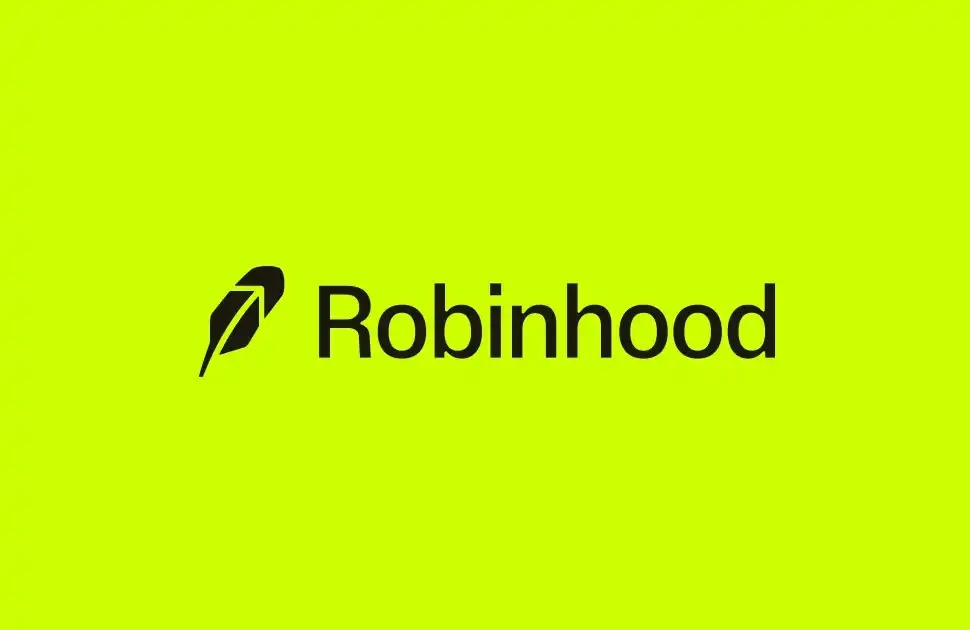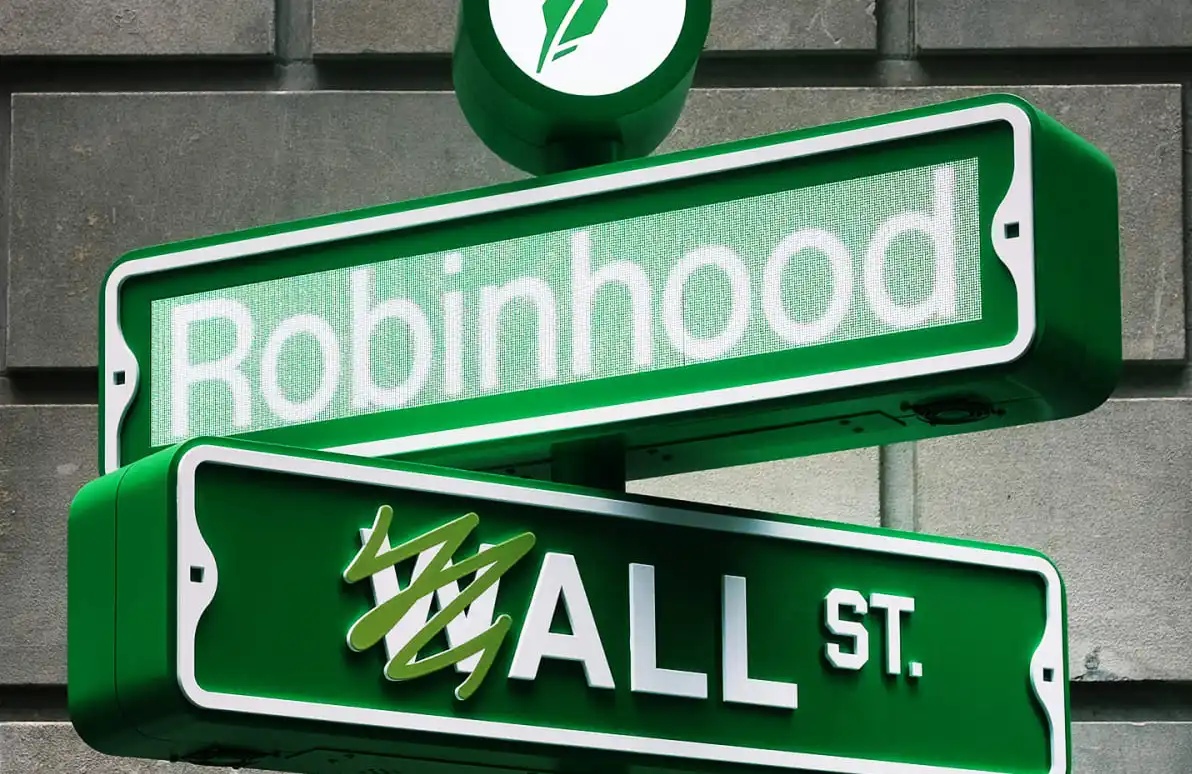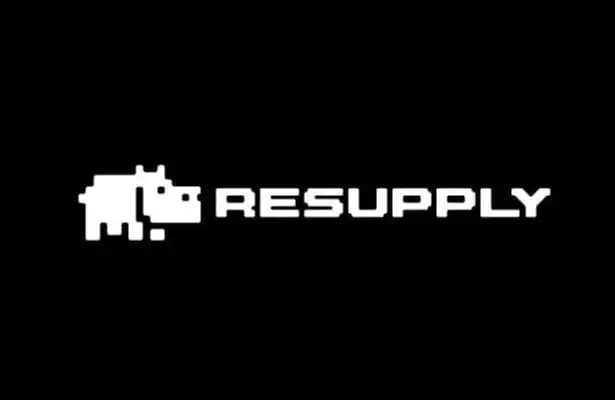Summary of the latest Ethereum core developer meeting: Updates on Cancun/Deneb testnets, Blob Side Car specification, and creation of JSON mappings.

Editor's note:
The Ethereum All Core Developers Consensus Call (ACDC) is held every two weeks by all core developers of Ethereum to discuss and coordinate changes to the Ethereum consensus layer (CL). This is the 121st ACDC conference call, during which Ethereum developers pointed out that they are simplifying the Blob Side Car specification to reduce complexity and issues related to Blob propagation. This improvement will help to launch the mainnet more securely.
Currently, the client team estimates that it will take three weeks to implement the Cancun/Deneb new specification. After the new specification is tested, developers may launch a new developer network Devnet 12. It is expected that after the first quarter of 2024, developers will begin upgrading the public Ethereum test network. Meanwhile, developers are also discussing changes and optimizations to other related specifications.
Christine Kim, Vice President of Research at Galaxy Digital, made a detailed record of the key points of this meeting, and BlockBeasts translated the original text as follows:
Original title: "Ethereum All Core Developers Consensus Call #121"
Original author: Christine Kim
Original translation: Luccy, BlockBeats
On November 2, 2023, Ethereum developers gathered on Zoom for the All Core Developers Consensus (ACDC) call #121 meeting. The ACDC conference call is a bi-weekly series of meetings hosted by Ethereum Foundation researcher Danny Ryan, where developers discuss and coordinate changes to the Ethereum consensus layer (CL). This week, developers focused on the progress of the following issues:
1. Major changes have been made to the Cancun/Deneb specification to reduce complexity in implementing data blocks.
2. Another upgrade specification change is to allow honest validators to reorganize late blocks;
3. Progress update on the Cancun/Deneb test network;
4. Create a JSON mapping for the CL SSZ specification.
Simplified Blob Side Car Specification
After discussing with the Prysm client team, Danny Ryan stated that developers have designed an alternative solution for handling Blob propagation conditions, which will greatly reduce the complexity and issues related to Blob propagation. Ryan said, "I think most of the issues we've seen in the past six to eight weeks in the developer network are related to the complexity of handling these messages, such as when to expire them, how to expire them, and under what conditions to validate them." Ethereum Foundation researcher Francesco D'Amato suggested attaching block headers and proofs to each Blob Side Car to address these issues.
This proposal has been created as a pull request (PR) by "Dapplion", a Lodestar client developer, on GitHub. Ryan emphasized that the implementation of changes to the Cancun/Deneb specification in the CL client should mainly include the removal of unnecessary code rather than the addition of new content. As for the impact of these changes on the progress of the upgrade on the mainnet, Ryan stated that any delays should be kept to a minimum. "Obviously, this involves the relationship with the Deneb release, as well as the content and timing of Devnet 11 and 12. But at the same time, from my assessment, this may be the same as the time when the mainnet goes live, because it is easier to do it right and we will not encounter as many errors on the developer network." Ryan added: "This will almost certainly allow us to launch the mainnet more safely, as it is a simpler and easier-to-implement specification."
During the conference call, the developers had no objections to the PR. They spent some time discussing the implementation details of the PR to ensure consistency between clients. Ryan stated that he will merge the PR on November 2nd and plans to release a new version of the Deneb specification on November 3rd.
Cancun/Deneb Specification Other Changes
Ethereum Foundation researcher Alex Stokes raised a question about the MEV builder specification to the client team. Stokes asked, "Fundamentally, who calculates the KZG containing proof?" Currently, the specification requires MEV relays to calculate these proofs. However, these proofs can be passed by the beacon node through the beacon API. This will ensure that the responsibility of the relay is reduced and the new code that needs to be tested in the MEV workflow is reduced. Ethereum JS and Lodestar client developer Gajinder Singh agreed to pass the KZG containing proof from the beacon node to the relay. Other developers had no objections. Subsequently, Stokes updated the builder specification for this change, which can be found here.
Next, the developers discussed PR #3034 in the Consensus Specification GitHub repository. PR #3034 is an old proposal from October 2022 that allows honest validators to reorganize late blocks, encouraging all validators to submit blocks in a timely manner instead of delaying for more MEV. Michael Sproul, a Lighthouse client developer, has completed this PR. This is a change that client and node operators can optionally implement. There were no objections to merging this PR.
Cancun/Deneb Testing Schedule Update
Danny Ryan said that the estimated time for the client team to implement the above PR is three weeks. Once the client team completes the implementation, developers may launch a new developer network, Devnet 12, to test the new code. If developers do not update the client version during the Ethereum developer-focused conference Devconnect in mid-November, Devnet 12 may go live in early December. Based on these new testing estimates, developers may not be able to release the upgrade to the Goerli test network as planned by the end of November. It is more likely that developers will start upgrading the public Ethereum test network after the holiday season in the first quarter of 2024.
The DevOps engineer of the Ethereum Foundation, Parithosh Jayanthi, stated that Devnet 11 has been launched for any client team to test Cancun/Deneb code between now and the launch of Devnet 12. He also mentioned that developers will conduct a shadow fork on the Goerli test network on November 3 to better evaluate the delay of blocks and data blocks.
JSON Mapping to SSZ Specification
Finally, developers discussed the issue regarding PR #3506 in the consensus specification GitHub repository. This PR proposes adding a standard 1:1 JSON mapping for the CL SSZ specification. This will bring several benefits, such as simplifying the documentation of the beacon API specification and improving code readability. Jacek Sieka, a developer of the Nimbus client, stated that the latest version of this PR has resolved previous issues regarding byte and unsigned integer equivalence. Ryan stated that he will share this PR on the Ethereum R&D Discord channel to gather final opinions from developers before merging it into the consensus specification repository.
Welcome to join the official BlockBeats community:
Telegram Subscription Group: https://t.me/theblockbeats
Telegram Discussion Group: https://t.me/BlockBeats_App
Official Twitter Account: https://twitter.com/BlockBeatsAsia
 Forum
Forum OPRR
OPRR Finance
Finance
 Specials
Specials
 On-chain Eco
On-chain Eco
 Entry
Entry
 Podcasts
Podcasts
 Activities
Activities








